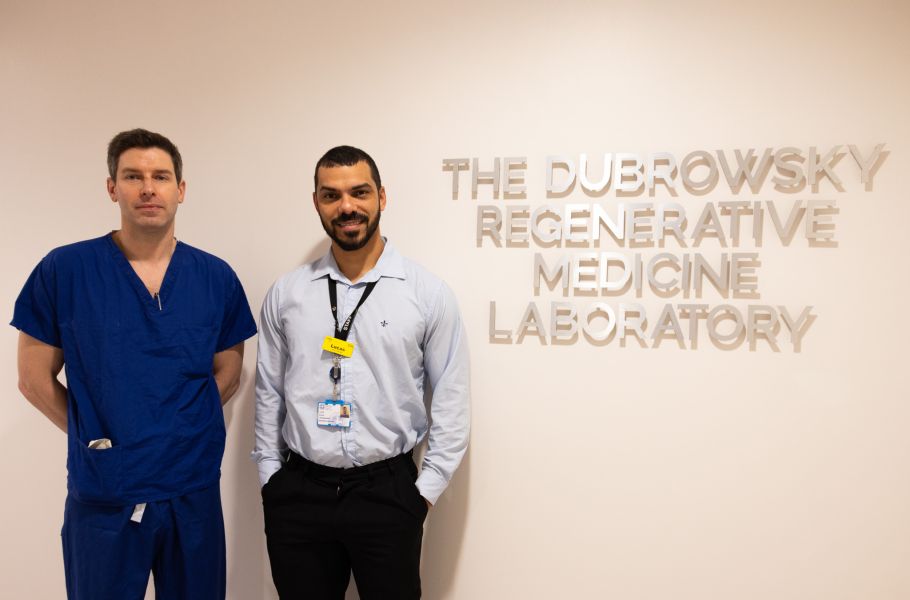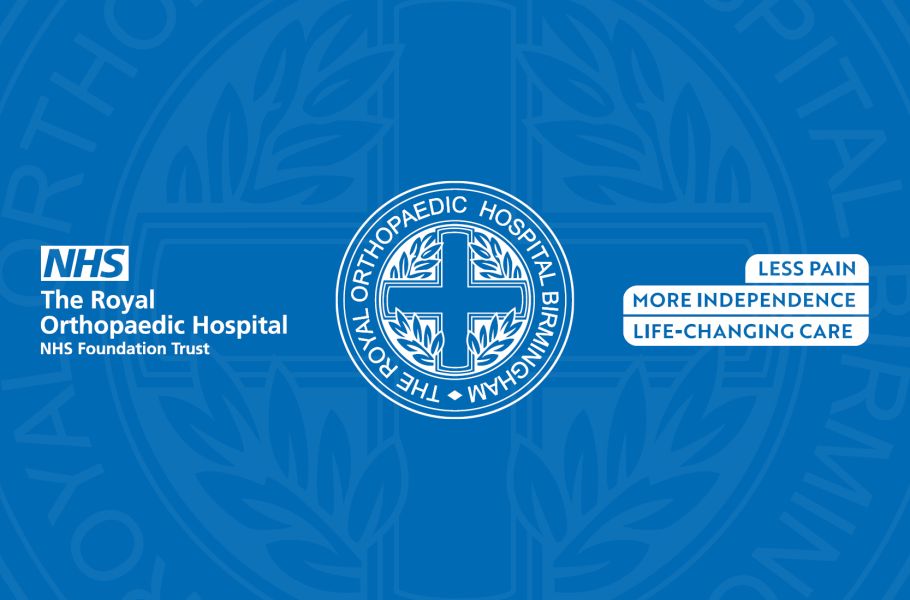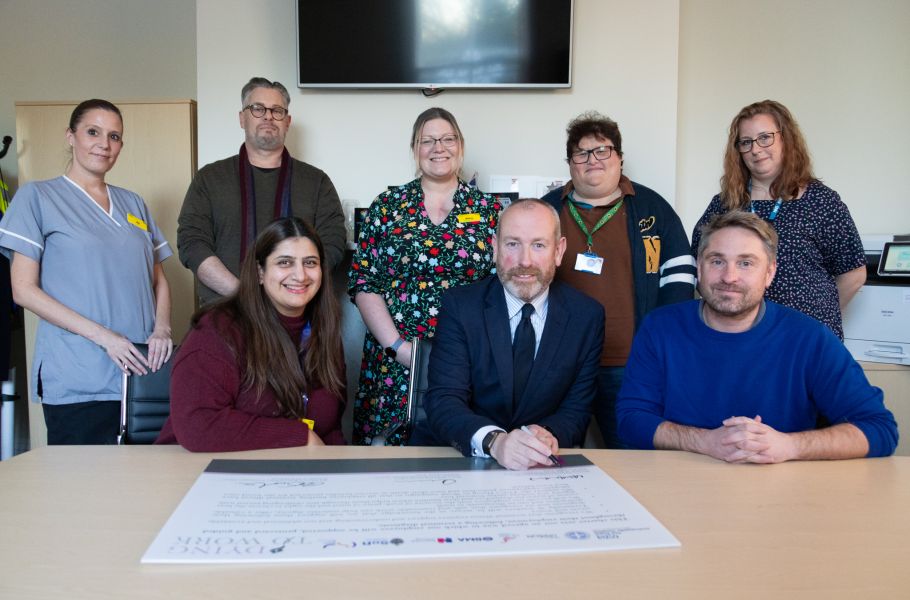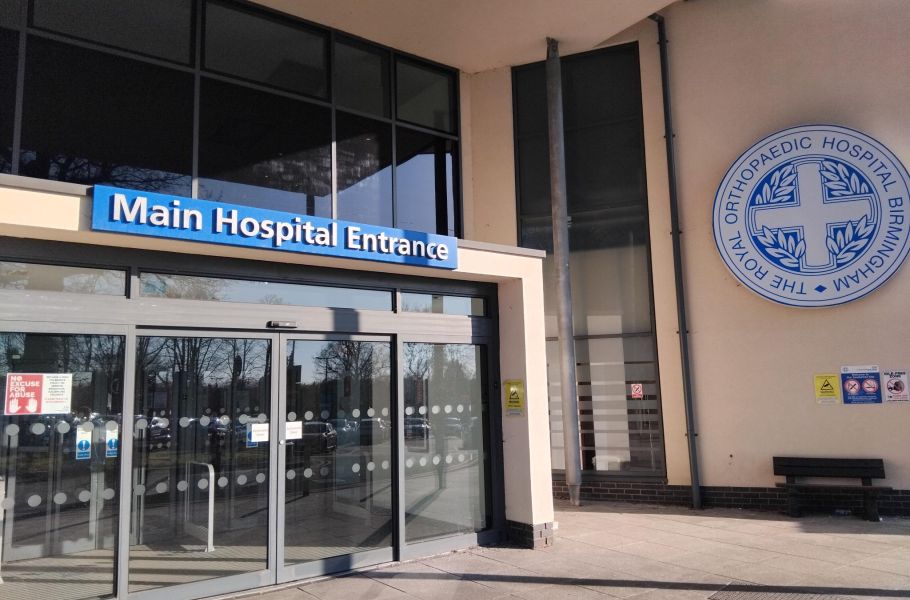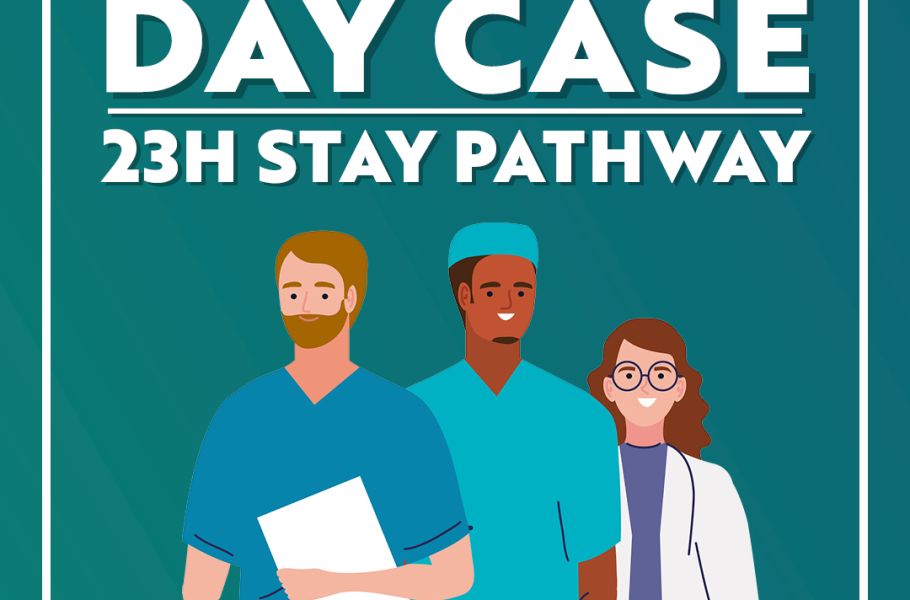What is a research nurse?
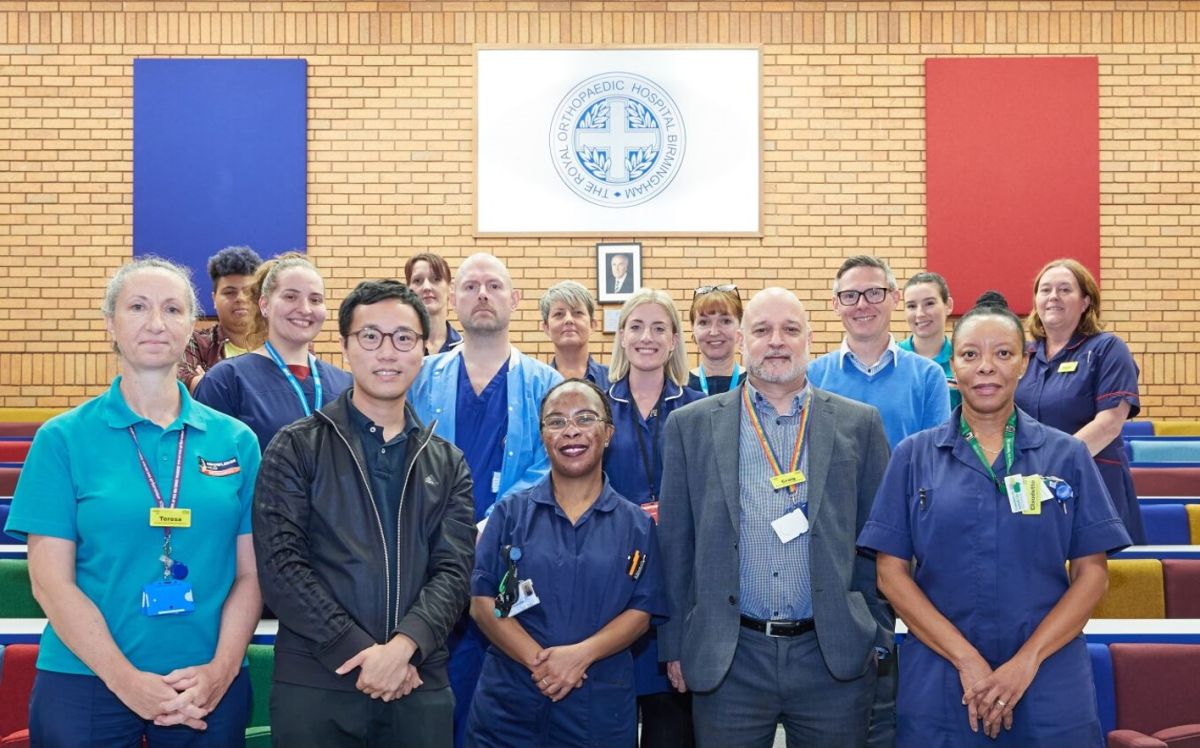
At the ROH we have a research team who are helping carry out a wide research portfolio of clinical trials, observational studies and laboratory studies. Our research programmes mean we are often working in close collaboration with other orthopaedic research teams across the UK and around the world. We also work closely with world-leading industry partners to ensure that our patients have access to the very latest innovations in orthopaedic care.
The research team are exploring new approaches to improve physiotherapy rehabilitation, advanced therapies to regenerate diseased bone tissue, pharmaceutical treatments which aim to reduce the need for invasive surgery and speed up recovery. This work is supported by the Bone Cancer Research Trust Infrastructure Grant which supports the provision of valuable resources to be able to carry out research within the field of sarcoma, a critical part of our research activities. The grant also supports services within research and development, including prospective tissue collection, archival tissue supply, lab work and whole genome sequencing.
Our team includes:
Lead Research Nurse – Ellie Keeling
Senior Research Nurses – Valarie Magaya, Claudette Jones, Hannah Glover
Study Coordinators – Sophie Rich, Sarah Rich
Research Tissue Bank Coordinator – Dionne Wortley
Assistant Clinical Research Practitioners – Teresa Brodie, Emma Prendergast, Seraphina Codner
Genomics Research Nurse – Beulah Dilipen
Data Managers – Carlos Chan and Kimberley Benjamin
Health Care Technician – James Jones
Essential to this team are research nurses, but what does a research nurse do?
Research nurses play a vital role in delivering clinical research, and ultimately improving patient care and treatment pathways. Research nurses guide the patient as they go through the clinical research process. It’s an incredibly diverse role from recruiting patients for studies, to collecting and tracking samples and developing pathways to improve the delivery of trials. Recruiting patients involves providing information about the research studies they could participate in to help them decide whether to take part. Because many clinical trials run over the course of several years, research nurses get to work with the same patients regularly and you get to build up a rapport with them.
Some of the reasons our research nurses chose this career pathway include the chance to:
- Improve patient care
- Help with earlier diagnosis
- Help develop new drugs
- Help with improved treatment options
Teresa Brodie recently took home the Allied Health Professional of the Year Award at the 2024 Bone Cancer Research Trust’s Bone Idols for her work role leading on the collection of patient samples who are taking part in clinical studies.
What skills are needed to be a research nurse?
Research trials require a lot of organisation and research nurses play a key part in keeping them on track – ensuring blood and tissue samples are collected properly and get to where they need to go for analysis and liaising with the multi-disciplinary team. Planning and time management skills are also critical, as most of the time research nurses work across a range of clinical studies at any given time meaning coordination is key.
What projects can research nurses get involved in?
Our research nurse team is critical in keeping our Research Tissue Bank work running. Our tissue bank was established over thirty years ago and contains the world’s largest archive of frozen bone tumour samples. This unique research resource currently holds over 32,000 bone and muscle samples, including all orthopaedic malignancies as well as other benign and non-tumour tissue types.
The team are involved in a number of clinical trials. One of the first projects the team became involved in was the trial of Denosumab in treating Giant Cell Tumours. These are rare, aggressive non-cancerous bone that develop in the bone. They can grow quickly and damage the affected bone and treatment can be challenging due to how aggressive they are. Denosumab was trialled to understand how effective it is in putting the tumour to sleep and proved to be highly successful. It’s now standard practice of care here at the Royal Orthopaedic Hospital and across the globe.
We're also involved in the BASIS study as well as the RACER Hip and Knee studies. We are one of the main recruiting centres for the BASIS study, which is trying to find out which type of back brace is best for treating children and young people with scoliosis. The RACER Hip and Knee studies are exploring clinical effectiveness of robotic assisted hip and knee replacement.
We’re also working in partnership with the University of Sheffield on a project called Chondrosarcoma Oestrogen. The project is looking at the potential for oestrogen levels to be protective against chondrosarcoma as we see elevated cases in females once the levels drop in menopause. Our role includes tissue and blood collection plus centrifuging of bloods from plasma and serum samples. This work is completed in the Dubrowsky Regenerative Medicine Lab on site by our Research & Development staff.
In addition to these clinical trials, our team also support genomics research. Genomics is helping to identify new diagnostic pathways across healthcare, and here at ROH we’re utilising Genomics in tandem with our bone and soft tissue sarcoma research and have successfully embedded Genomics as a standard of care here and have spent the last year refining our process. The Genomics Nurse’s role is to identify and approach patients to discuss the benefits and maintain a record of patients signed up for Whole Genome Sequencing (WGS), as well as collect and track the samples via their standard pathway within the hospital. Nurses play a critical role in delivery of patient care, and this translates through to research and medical advancements.
To learn more about our research activities, visit Royal Orthopaedic Hospital - Research & teaching (roh.nhs.uk)
